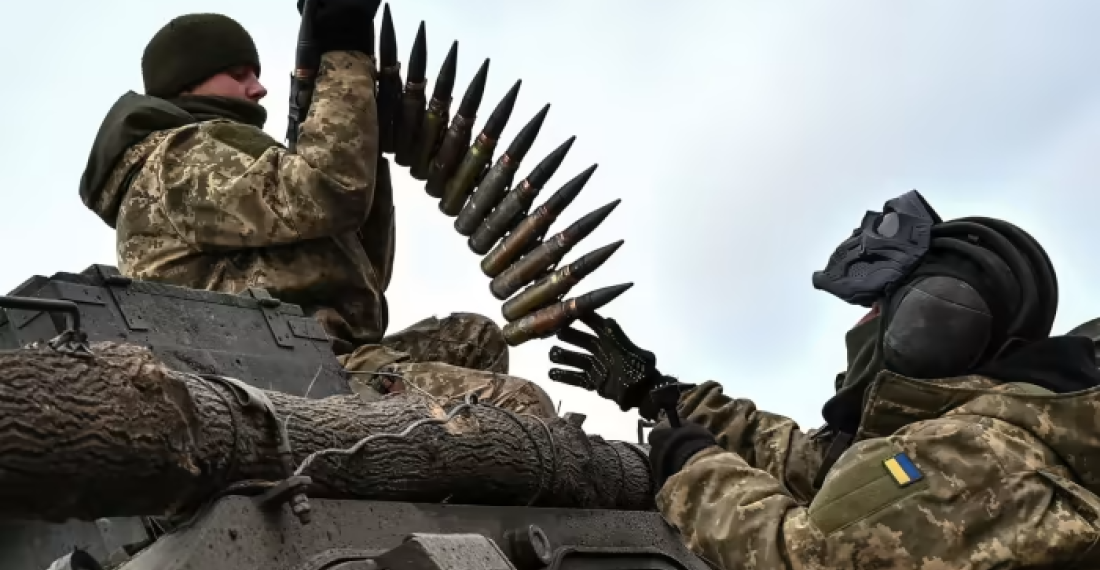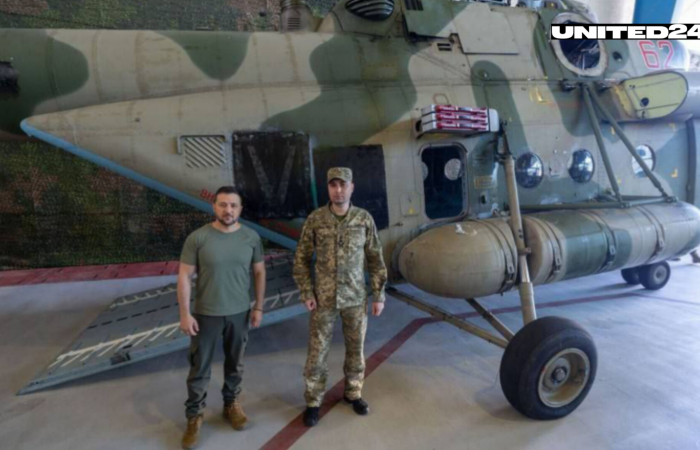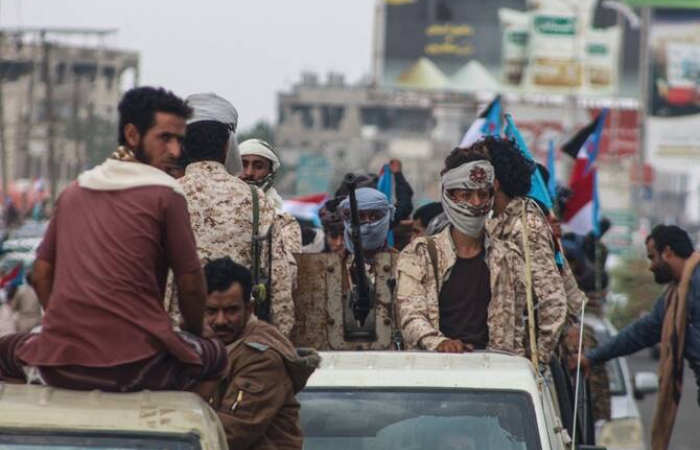EU High Representative Josep Borrell announced yesterday on Tuesday (23 May) that the European Union has supplied Ukraine with 220,000 rounds of ammunition and 1,300 missiles from exisiting EU stocks since 20 March.
Speaking at a press conference following the meeting of EU foreign affairs ministers on defense, Borrell recalled that on 20 March the EU decided to allocate €2bn for the supply of 1 million artillery rounds for Ukraine over the next 12 months. EU member states would supply Ukraine from their own stocks, and the EU would reimburse them.
Borrell also noted that the latest figures are considerably better than those of 10 days ago, indicating a considerable uptick in the rate of supply of munitions to Ukraine from the EU.
The EU provision of munitions to Ukraine consists of three tracks, Borrell outlined. The first track, as outlined above, is open until 31 May and the €1bn in compensation allocated for this track would be paid on time.
The second track for ammunition production involves collective orders at enterprises of the European defense industry and companies in Norway, with another €1bn having been allocated to fund this.
The third track involves a longer term strategy to develop the production capacity of the European defense industry, and the European Commission has already forwarded the relevant proposals to the European Parliament and Council.
Late on Tuesday (23 May), The Netherlands also announced that they would be contributing some €260m to a joint purchase of ammunition for Ukraine.
Ukrainian intelligence chief announces Ukraine has enough weapons to begin counteroffensive "soon"
Meanwhile, Ukraine's intelligence chief Kyrylo Budanov said in an interview with the Japan Broadcasting Corporation on 23 May that the country now has enough weapons to begin with their counteroffensive "soon".
"Many civilians remain under Russian occupation, and we cannot waste any more time. We already have the basic amount of weapons and other equipment. All I can say is that [the counteroffensive] will start soon," Budanov said.
While Ukraine's stated upcoming counteroffensive has been long-anticipated, the country's Foreign Minister Dmytro Kuleba has cautioned people not to view it as final, however.
In an interview with the German newspaper Bild published on 10 May, Kuleba said, "if we succeed in liberating our territories with this counteroffensive, you can say it was the last one, but if not, that means we have to prepare for the next counteroffensive."
He added that "most people are […] waiting for something huge", which could lead to "emotional disappointment".
source: commonspace.eu with agencies
photo: Reuters






